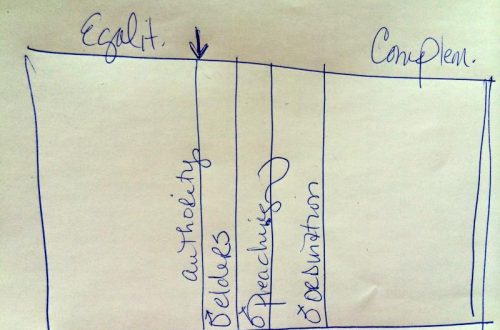Seven Ways to Help a Family with a Preemie
Eighteen months ago my friends Erica and Chris Preskitt welcomed to the world a new baby girl—an entire trimester before her due date. Their daughter, Emma, weighed 2 pounds, 14 ounces. For the next two months, Erica spent fifteen-hour days in the NICU as Emma fought for her life.
As about one in ten pregnancies ends in an early delivery, we need to know how to minister well to these hurting families. Here are some suggestions:
- Pray. Remember the baby (or babies) and parents in your prayers. When you visit them, offer to pray for them. They are probably missing their local fellowship and need the reminder that God cares.
- Call or text frequently. “Whether it’s in person, by a phone call, or text, know how much it means to be present,” Erica says. “Ask how things are going. It’s so important for couples to feel that they have people around them to encourage and support them during such a scary time. “
- Show up. Along with lending an ear, visit. Erica says, “Those in the NICU for hours at a time need a bit of normalcy by having contact with people other than nurses and doctors. The babies’ parents need to feel that they are still part of the world that exists beyond the hospital walls.” One of her friends showed up with a video game to help her and Chris handle the boredom.
- Cook and deliver food. Imagine trying to exist on hospital food. In addition to the cost, such meals sometimes lack needed nutrients—especially for the nursing mom. Show up with a salad lunch or call to get the family’s Subway order while on your way to see them.
- Give generously. You might have to shop online or hunt around to find preemie clothes, but because everything the parents already have requires the baby to grow first, preemie clothes make a great gift. So do gift cards to order-out restaurants. And books—Erica recommends The Premature Baby Book: Everything You Need to Know about Your Premature Baby from Birth to Age One.”
- Listen well. Ask about more than the infant. Erica recalls, “Many times people were so focused on knowing how our baby was doing that I wondered if they cared to know how my husband and I were doing.” Also, as with any suffering person, instead of saying, “I know someone who that happened to,” ask, “What’s it like sitting where you are? What goes through your mind?”
- Cook, run errands, clean toilets, and shop. The mom and dad are going to work, when possible, and living at the hospital. No little elves come in at night to mow their lawn and feed their dogs or care for their other children, if they have them. So don’t ask, “How can I help?” Ask, “Can I help you by [fill in the blank]?”
Having a premature baby causes emotional, marital, financial and spiritual stress. But it also comes with the opportunity to receive love from the body of Christ. With a little effort we can be His feet, shoulders, and tear ducts, reminding people in pain that they are not alone.


2 Comments
Sarah Bowler
Great Post
This was a great post! I especially appreciate how you pointed out don't ask, "How can I help?" Ask, “Can I help you by [fill in the blank]?” Most people don't know what to say when others say, "Let me know if you need any help" (as if there is a possibility you might not), or "Can I help?" (you never quite know what they mean by help…).
Sandra Glahn
When people ask “How can I help?”
Thanks, Sarah. We learned that the hard way after multiple miscarriages. Those who said to us, "May I come mow your lawn?" or "When can I drop off the chocolate cake I made you?" or "Can I come clean your floors on Tuesday?" or "Do you prefer chicken or beef for dinner?" were the greatest help. We were so emotionally out of it that we didn't even know what we needed, let alone have the ability to organize and articulate solutions. And when people said, "Let me know if I can help," we didn't know if they had in mind a 15-minute task or a 15-hour one. People who made specific offers required only yes and no answers, which was about all we could handle in the middle of the fog.